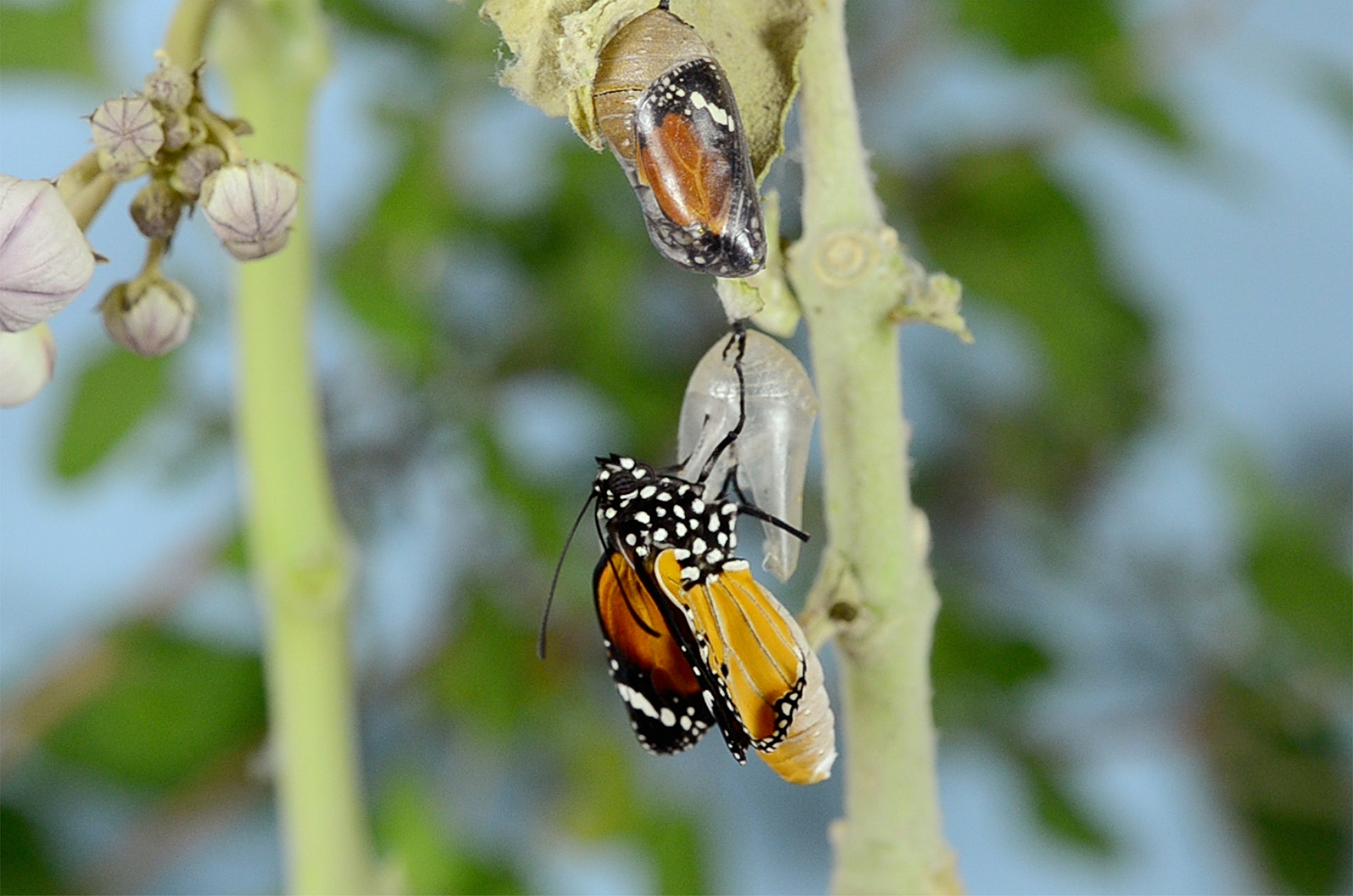
Making the transition to local, sustainable living
Don Hall is author of a new book about the Transition Movement—a network of people worldwide who are building local food, energy, and even currency systems.

Don Hall is author of a new book about the Transition Movement—a network of people worldwide who are building local food, energy, and even currency systems.
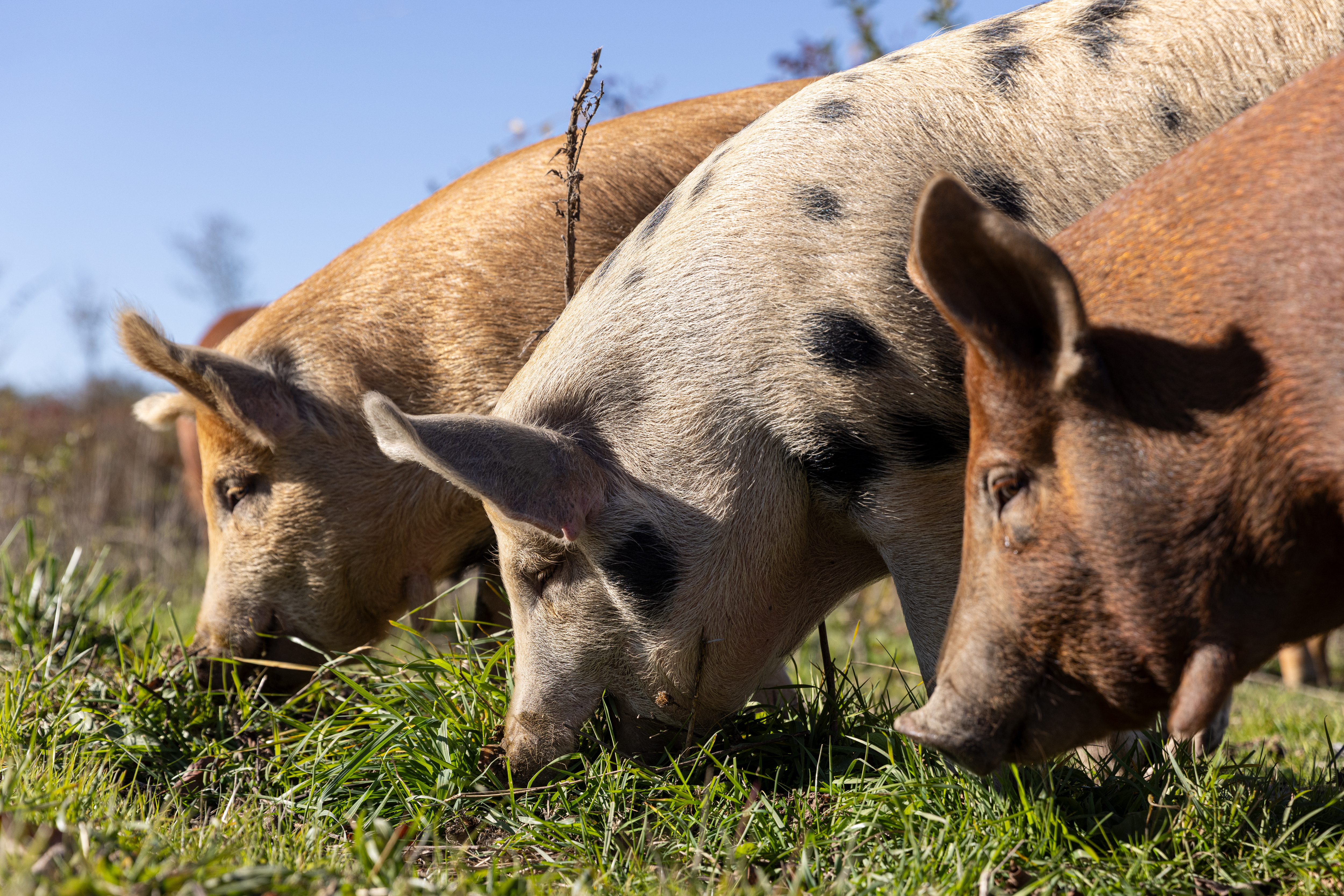
Adam Mason of the ASPCA makes the argument that healthy farm animals actually help farmers to thrive—and benefit land, air, and water. He talks about how farmers are making the transition away from industrial/conventional.

André Leu knows what it takes to pull massive amounts of carbon out of the atmosphere and put it into the soil–permanently. We talk about his new book, The Regenerative Agriculture Solution.
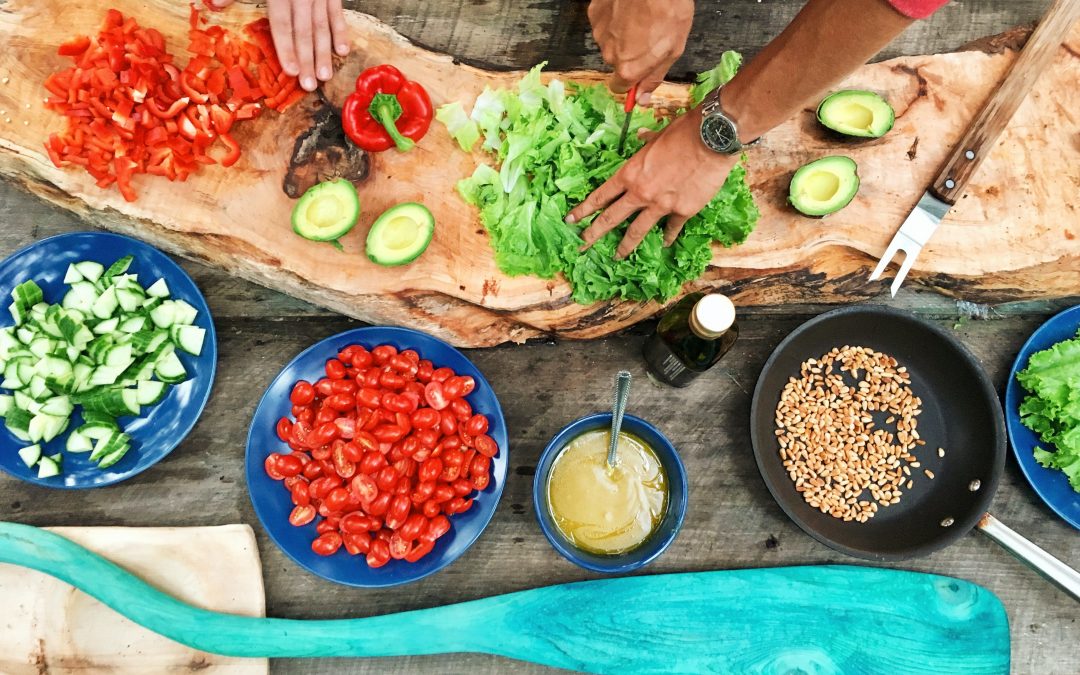
Katherine Miller talks about the power that chefs, with celebrity and visibility in their communities, can bring to everything from sourcing healthy food to passing legislation.
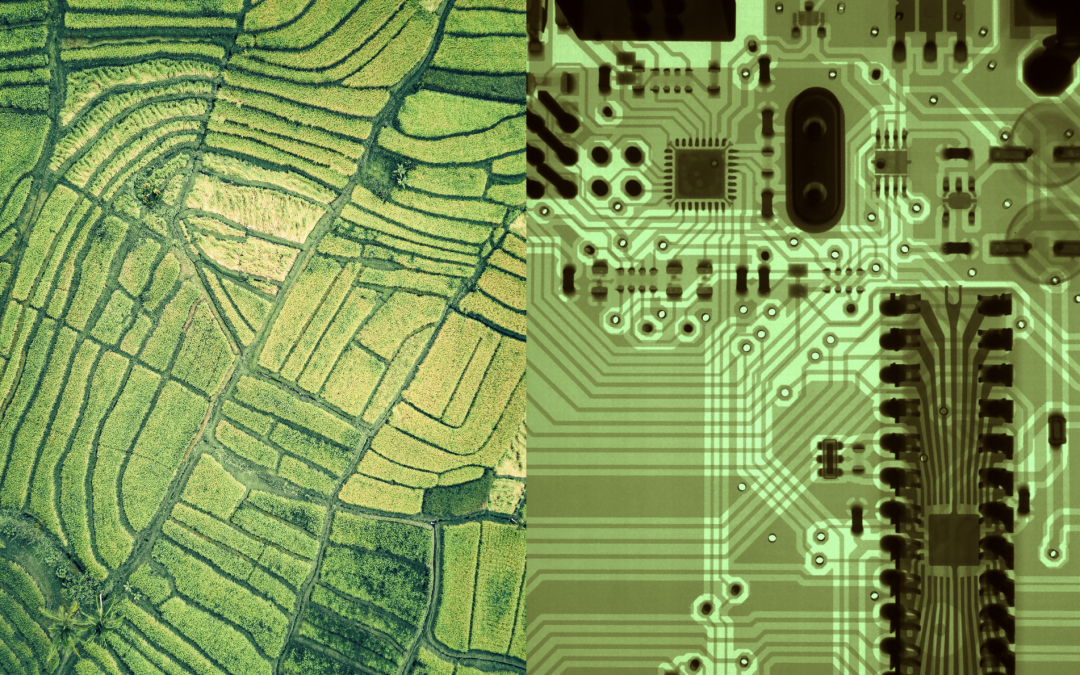
Industrial agriculture imposes a simplified model onto complex ecosystems––with dire consequences. A new book shows how technology is now able to capture nature’s intricacies––and help to grow food more ecologically and more profitably.
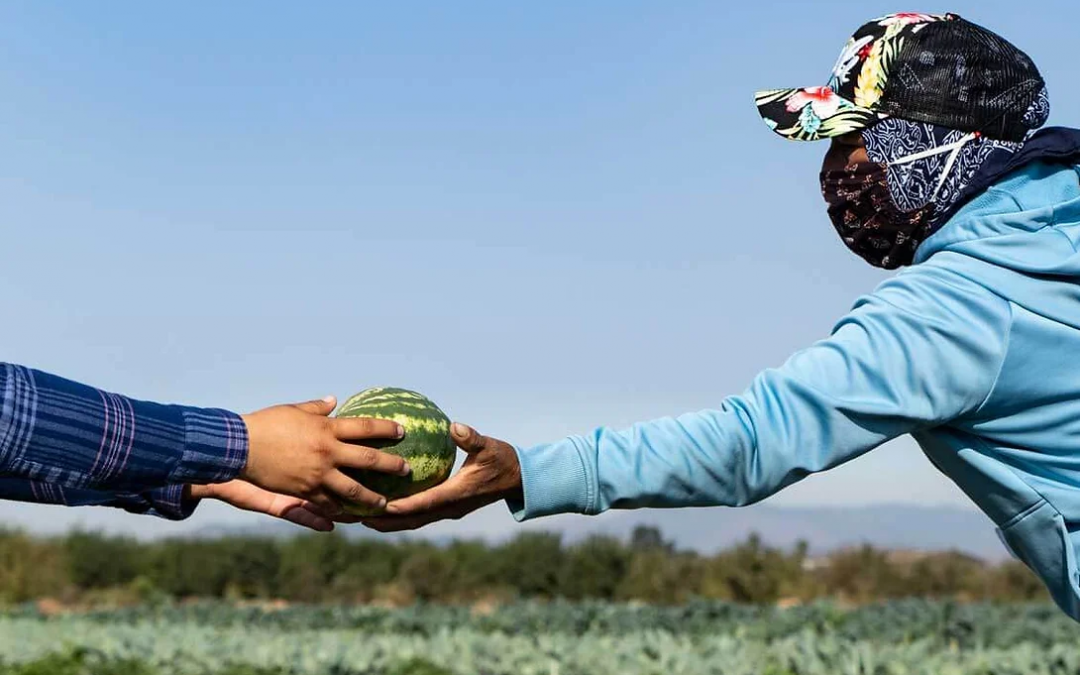
As land prices and development pressures rise, agrarians and land stewards have a hard time buying and staying on land. Neil Thapar and Mariela Cedeño talk about strategies to convert land from a commodity to what it really is––habitat, ecosystems, and where we grow our food.
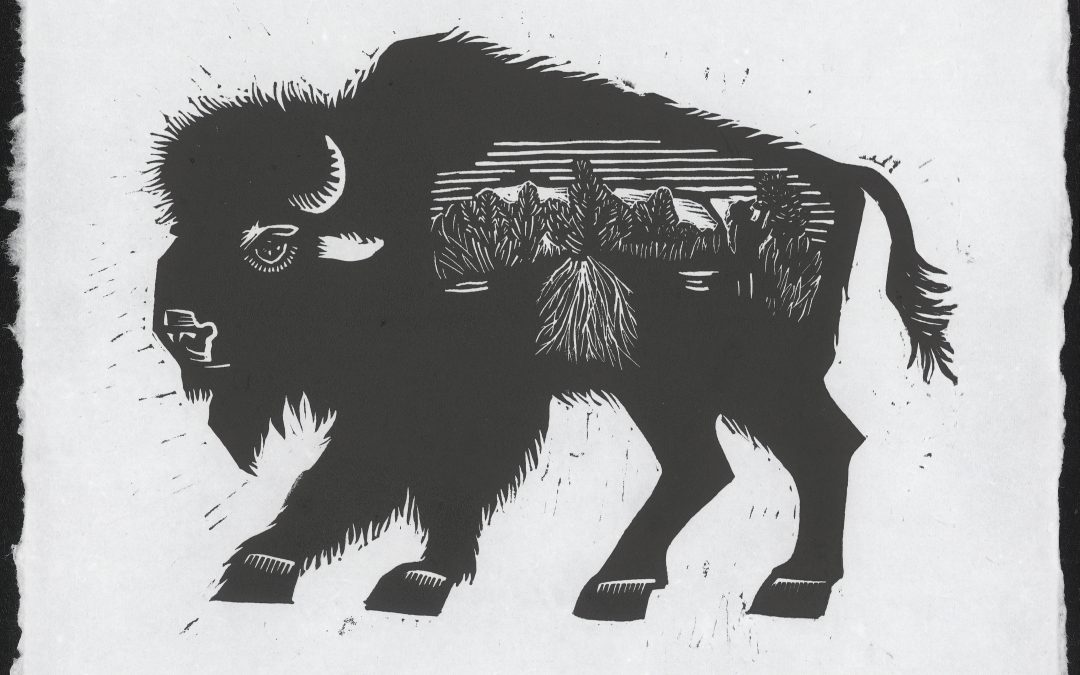
In her new book Liz Carlisle explores rich food traditions from the Americas, Asia, and Africa that have survived and thrived in the U.S.—and how they are helping to restore land and climate, and bring about a more just and humane world.
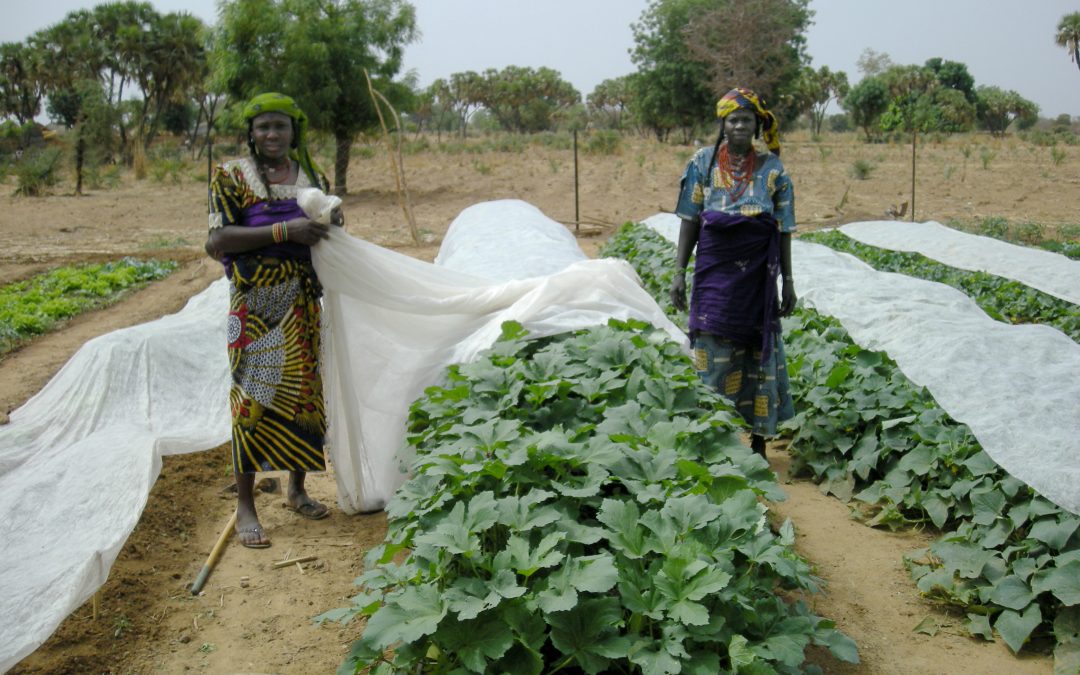
For decades Brando Crespi has been working in communities damaged by extractive industries. He makes the case that biochar can and should be part of a global strategy do reverse climate change and grow more food with less water.
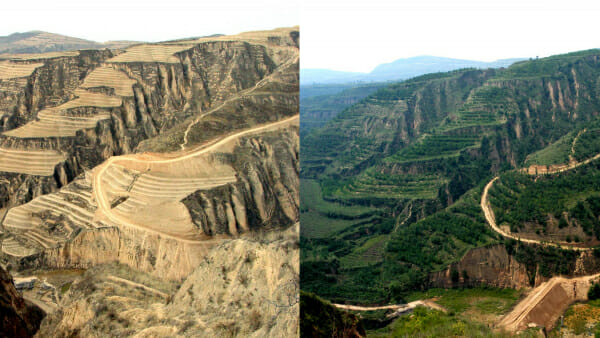
In 1995 John Liu began documenting the Loess Plateau in China, a landscape ruined by poor agriculture practices. Over decades he documented its return to vibrant life, and filmed many other restoration projects worldwide.
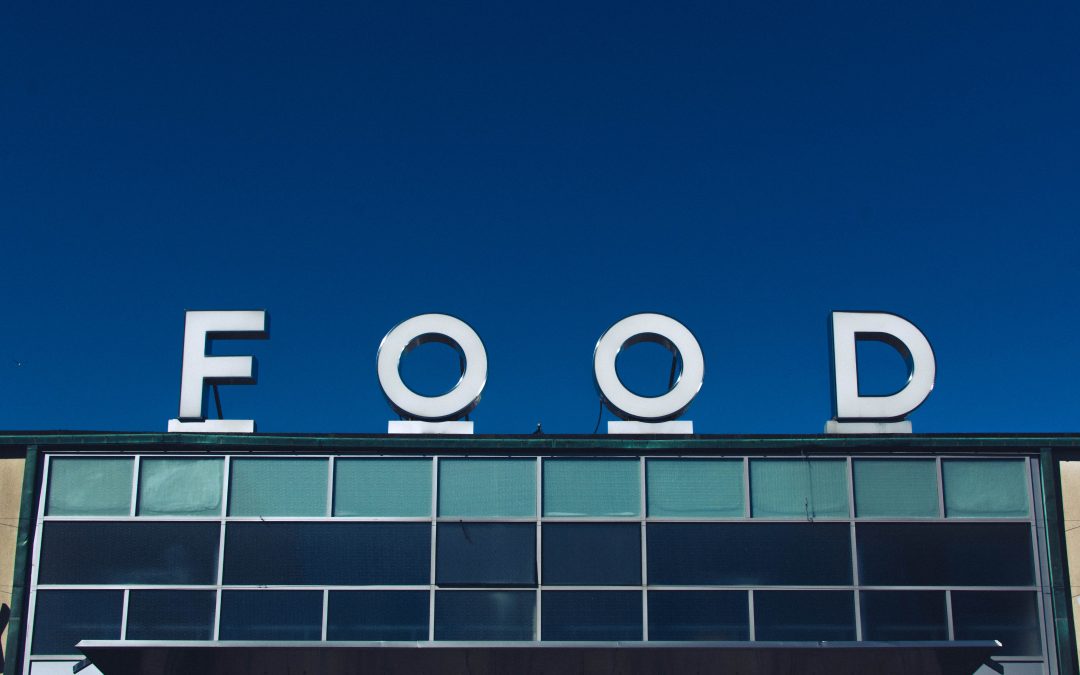
Professor Phil Warsaw noticed that in urban Black and Latino neighborhoods the price of housing near grocery stores was higher––but the same wasn’t true in more affluent White neighborhoods. Why? And how can planners balance food access and gentrification?